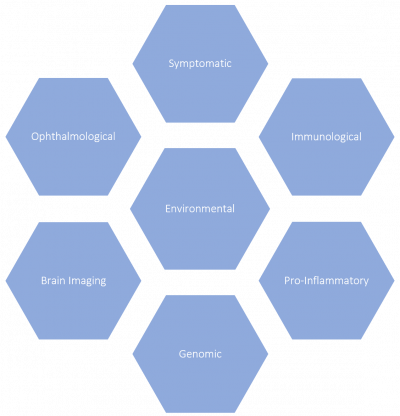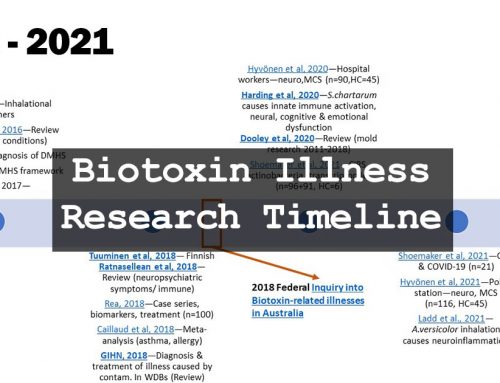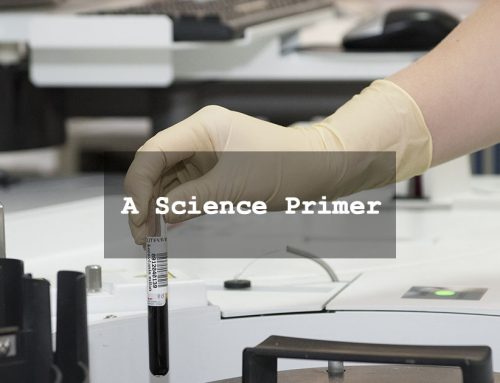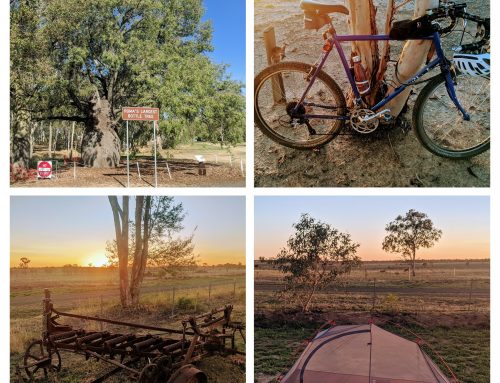A Macquarie University-led team, assisted by Toxic Mould Support Australia and PANDIS, has been awarded $1.27 million to research ‘Mould Illness’.
In response to the 2018 Federal Inquiry into Biotoxin-related illnesses, Australia’s Standing Committee on Health, Aged Care and Sport recommended that the National Health and Medical Research Council (NHMRC) conduct research into biotoxin-related illnesses, more colloquially known as ‘Mould Illness’. Following a 2020 report that characterised the evidence for dampness and mould causing immune-mediated chronic illness as ‘growing’, the NHMRC launched a Targeted Call for Research (TCR) in 2021 with the explicit aim of better understanding the ‘origin and pathophysiology of biotoxin-related illnesses such as Chronic Inflammatory Response Syndrome’ (CIRS). The NHMRC recently announced the outcome with a single funding grant awarded to a team led by Professor Gilles Guillemin and Macquarie University.
Research Aims
The specific objectives of the TCR were to:
- Develop a scientifically valid, evidence-based understanding of the pathophysiology and aetiology of CIRS and other biotoxin-related illnesses.
- Establish a case definition for CIRS and other biotoxin-related illnesses that will guide testing and diagnosis, including the identification of potential biomarkers.
- Develop an evidence base that will underpin treatment and management strategies.
Awarded Grant
An Integrated Biomarker Platform for the Early Diagnosis and Treatment of Chronic Inflammatory Response Syndrome in Australia
NHMRC Funding: $1,063,797
Macquarie University Funding: $212,140
Total: $1,275,937 (AUD)
The proposed three-year, longitudinal case-control study will explore possible new diagnostic biomarkers in the genomic, immunological, pro-inflammatory, and environmental domains, in addition to corroborating existing immune and inflammatory biomarkers. The research team will also examine the neurological abnormalities, cognitive deficits, and neurodegeneration associated with CIRS via brain imaging and other diagnostics. The creation of a comprehensive and validated biomarker platform seeks to improve diagnosis for affected individuals and identify genetic markers predisposing those at-risk.
A study cohort of one-to-two hundred (patient) cases will be recruited over a staggered intake, based on pre-defined diagnostic criteria, along with (age- and sex-matched) controls. The samples and data will be collected from the cohort at multiple timepoints over a 12-month period and will be the foundation of an ongoing scientific (biotoxin) biobank. This will aid PANDIS and the broader scientific community in further multi-disciplinary research to better understand any connections between environmental biotoxin exposure and other chronic illnesses.
Establishing a clearer understanding of how the environment (microbes and biotoxins in water-damaged buildings) drives immune dysfunction in susceptible individuals has been challenging thus far. This study aims to better understand the mechanisms of how biotoxin exposure and burden affects patient health along with any possible connections as an underlying trigger to other autoimmune and neurological illnesses.
Lead researcher Professor Gilles Guillemin of Macquarie University states:
‘This project should allow us to better understand what is causing the immune dysfunction and inflammatory cascade that a growing number of individuals experience in water-damaged buildings.’
Professor Guillemin has extensive experience leading multidisciplinary scientific research projects, including whether exposure to specific cyanotoxins can lead to neurodegenerative conditions. Other members of the academic team hail from several Australian universities (Macquarie, QUT, UNSW, Victoria) and offer extensive expertise across a variety of disciplines: immunology, virology, biochemistry, environmental microbiology, and more.

Proposed Biotoxin-related Illness Research Domains
The study will be conducted in conjunction with PANDIS, a registered charitable foundation and pathogenic environmental research organisation. The research team is also supported by representatives from Toxic Mould Support Australia, the primary support group for CIRS patients in Australia, who helped in the design of the study, grant application process, implementation, and ongoing patient community engagement and advocacy.
Patient recruitment for the study will commence later this year, primarily via Australia’s leading medical clinicians who treat CIRS patients.





You must be logged in to post a comment.